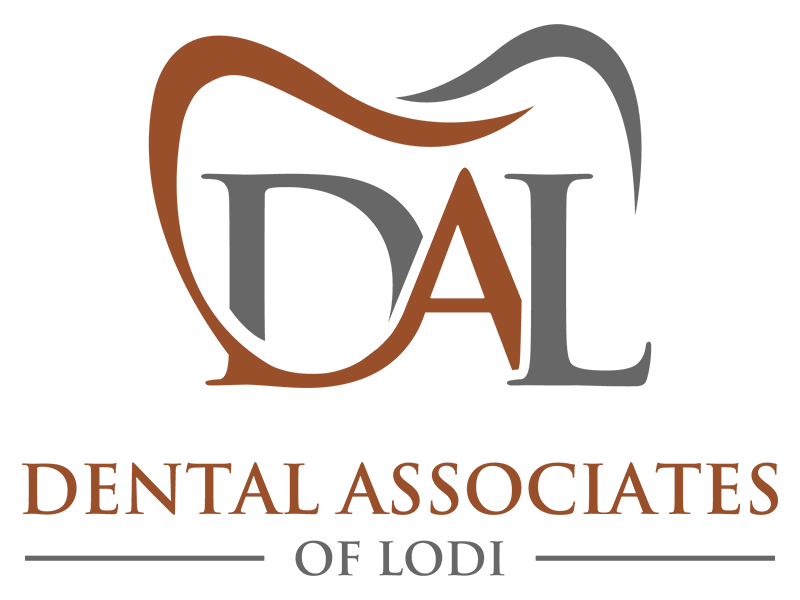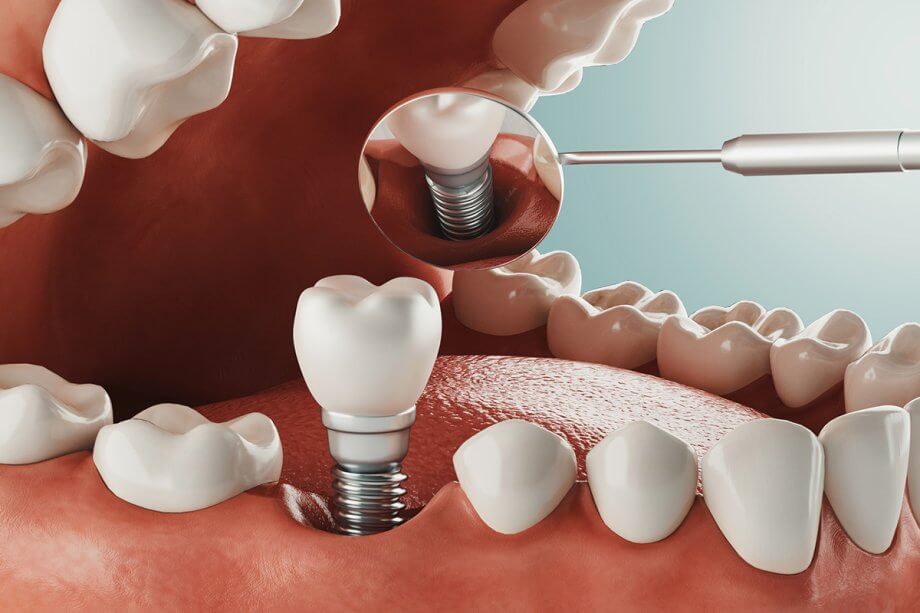Have you been considering dental implants as a solution for missing teeth, but are unsure about the costs and insurance coverage involved?
In this article, we will cover everything from the basics of dental implant procedures to the different types of insurance coverage available. Whether you are a dental professional, a patient, or simply someone interested in learning more about dental implants and insurance coverage, this guide will provide you with the information you need to make informed decisions and take the next steps towards achieving a healthy, beautiful smile.
Types of dental implants
Dental implants are artificial tooth roots that are surgically placed into the jawbone to hold a replacement tooth or bridge. There are two main types of dental implants: endosteal and subperiosteal.
Endosteal implants are the most common type of dental implant and are placed directly into the jawbone. They are made of titanium and are shaped like small screws. Once the implant is placed into the jawbone, a healing process begins, during which the implant fuses with the bone. This process can take several months, after which a replacement tooth or bridge is attached to the implant.
Subperiosteal implants are used when there is not enough bone density to support an endosteal implant. Instead of being placed directly into the jawbone, subperiosteal implants are placed on top of the bone and held in place by a metal framework that is attached to the jawbone. Replacement teeth or bridges are then attached to the metal framework.
Dental implants can also be classified based on their shape and size. Your dentist or oral surgeon will help you choose the best type of implant based on your specific needs.
Benefits of dental implants
Dental implants offer a number of benefits compared to other tooth replacement options, such as dentures and bridges. One of the biggest benefits of dental implants is that they look and feel like natural teeth. Because they are anchored directly into the jawbone, they provide a stable and secure base for replacement teeth or bridges. This means that they do not move or shift, and they allow you to eat and speak with confidence.
Another benefit of dental implants is that they can help to preserve the bone in your jaw. When you lose teeth, the bone in your jaw can begin to deteriorate. Dental implants stimulate the bone and help to prevent further bone loss. This can help to maintain the structure and appearance of your face.
Dental implants also require minimal maintenance compared to other tooth replacement options. You can care for them just like you would care for your natural teeth, with regular brushing and flossing.
Insurance coverage for dental implants
Dental implant procedures can be expensive, and many people wonder whether they are covered by insurance. The answer depends on your insurance plan and the specific details of your policy.
Most dental insurance plans consider dental implants to be a cosmetic procedure and do not cover them. However, some plans may cover a portion of the cost of the procedure if it is deemed medically necessary. It is important to check with your insurance provider to see what is covered under your plan.
If your insurance plan does not cover dental implants, there are other options available. Some dental offices offer financing plans or payment arrangements to help make the procedure more affordable. You can also consider getting a dental discount plan, which can provide savings on dental services, including dental implants.
Understanding insurance terms and coverage for dental implants
To understand your insurance coverage for dental implants, it is important to understand some key insurance terms.
- Deductible: This is the amount you are responsible for paying before your insurance coverage kicks in. For example, if your deductible is $500, you will be responsible for paying the first $500 of the cost of the procedure.
- Co-payment: This is the portion of the cost of the procedure that you are responsible for paying. For example, if your co-payment is 20%, you will be responsible for paying 20% of the cost of the procedure, and your insurance will cover the remaining 80%.
- Out-of-pocket maximum: This is the maximum amount you will be responsible for paying in a given year. Once you have reached your out-of-pocket maximum, your insurance will cover the remaining cost of any covered procedures.
- Lifetime maximum: This is the maximum amount that your insurance will cover over the course of your lifetime. If you have reached your lifetime maximum, you will be responsible for paying any additional costs.
Limitations and Exclusions of dental implant coverage
Even if your insurance plan does cover dental implants, there may be limitations and exclusions that you should be aware of. For example, your plan may only cover a certain portion of the cost of the procedure, or it may only cover certain types of implants.
In addition, some insurance plans may require pre-authorization before the procedure can be performed. This means that your dentist or oral surgeon must submit a request to your insurance company before the procedure can be approved.
It is important to review the details of your insurance plan carefully to understand what is covered and what is not covered. Your dentist or oral surgeon can also help you understand your insurance coverage and can work with you to develop a treatment plan that fits your needs and budget.
Alternatives to insurance coverage for dental implants
If your insurance plan does not cover dental implants, there are other options available to help make the procedure more affordable. One option is to explore financing plans or payment arrangements offered by your dental office.
Another option is to consider getting a dental discount plan. These plans are not insurance, but they can provide savings on dental services, including dental implants. With a dental discount plan, you pay an annual fee and receive discounts on dental services from participating providers.
It is also worth exploring other tooth replacement options, such as dentures and bridges. While these options may not provide the same level of stability and durability as dental implants, they can be more affordable and may be covered by your insurance plan.
Dental Implants in Bergen County, NJ
Dental implants are a popular option for tooth replacement, but the cost and insurance coverage involved can be a concern for many patients. By understanding the different types of dental implants, the benefits they offer, and the insurance coverage and financing options available, you can make informed decisions about your dental health.
For more information on dental implants, contact at 862-247-8030.


